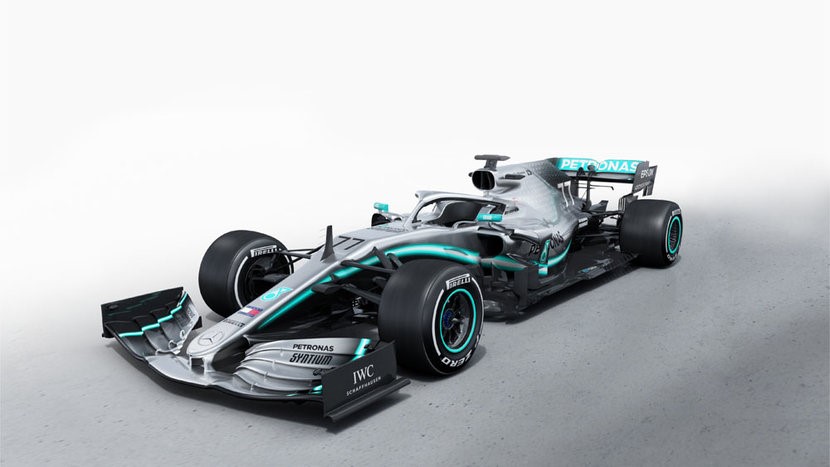Adding Hybrid Tech Brings IndyCar Into The 21st Century
IndyCar goes electric! Well, hybrid at least.
With an eye towards increasing automotive relevance—and connecting racing with the technology the public understands and uses in their personal cars—IndyCar has announced that beginning with the 2022 season the racing series’ engines will be gasoline-electric hybrids.

Technical specifications have not been released, but expect the hybrid IndyCar engine to incorporate a turbocharged gasoline engine, the continued use of the push-to-pass system where short bursts of increased turbo boost are controlled by the driver, and a kinetic energy recovery system (KERS). KERS takes kinetic energy, which is present in the waste heat created by the car’s braking process, stores and converts it into motive power that can be called on to boost acceleration. The 2022 IndyCar hybrid engines are estimated to be rated at 900 horsepower.
It isn’t just a hybrid power plant that will be new for 2022 as IndyCar will have an all-new chassis and body to wrap around the engine. Expect the new car’s weight to remain about 1,650 pounds (without fuel and driver), have a new look and possibly increased downforce.

The current IndyCar engine providers are Chevrolet and Honda. Both companies are on-board with this new engine package as they currently produce street cars that are electrified in some way. Clean Fleet Report has reviewed many of them.
New Engines Coming?
The big unannounced bit to this is that IndyCar should see new engine manufacturers come into the series. It is only speculation at this point, but look at the auto manufacturers that have a full line-up of hybrid cars—and have a history in motor sports—and you can narrow the field pretty quickly. How about Audi/Volkswagen/Porsche, BMW, Toyota, Nissan, Ford and…well, maybe the list isn’t all that short after all since this is such a basic production technology.

This is not a radical idea as all Formula 1 teams have had hybrid engines since 2013, and the all-electric race series Formula E has been around since 2014. Even drag racing is getting into the act with electrification as racing legend Don “Big Daddy” Garlits set a world speed record for a dragster in July 2019. The racing series International Motor Sports Association (IMSA) is also introducing hybrid engines starting in 2022.
Back to the relevance of hybrids and racing. The electrification of cars, SUVs and trucks is here now; it’s the dominant power source in the future. Whether it’s a gasoline hybrid, gasoline plug-in hybrid, a pure battery electric vehicle or a hydrogen fuel cell electric vehicle, your next car may have an electric element to it. The old adage of “Win on Sunday, buy on Monday” is never far from the minds of car companies. Ever more so, the car that wins on Sunday will be electrified, which the auto manufacturers are hoping means you will rush to your dealer and buy one of their electrified cars.
Make sure to opt-in to the Clean Fleet Report newsletter (top right of page) to be notified of all new stories and vehicle reviews.
